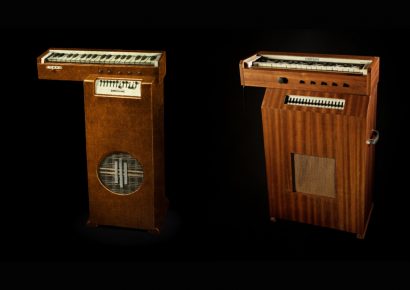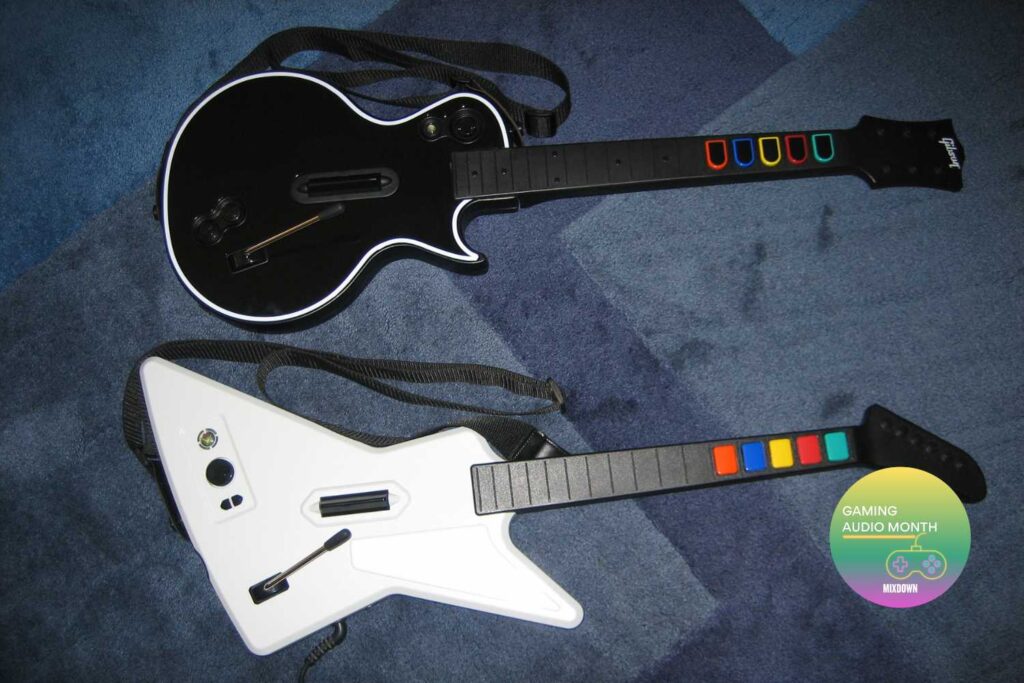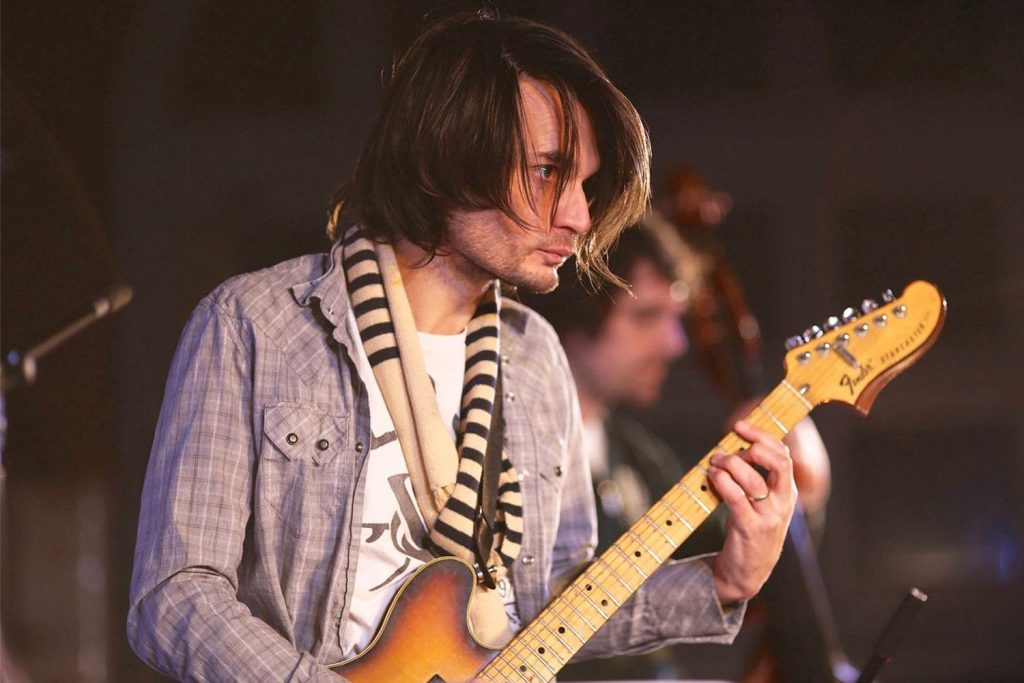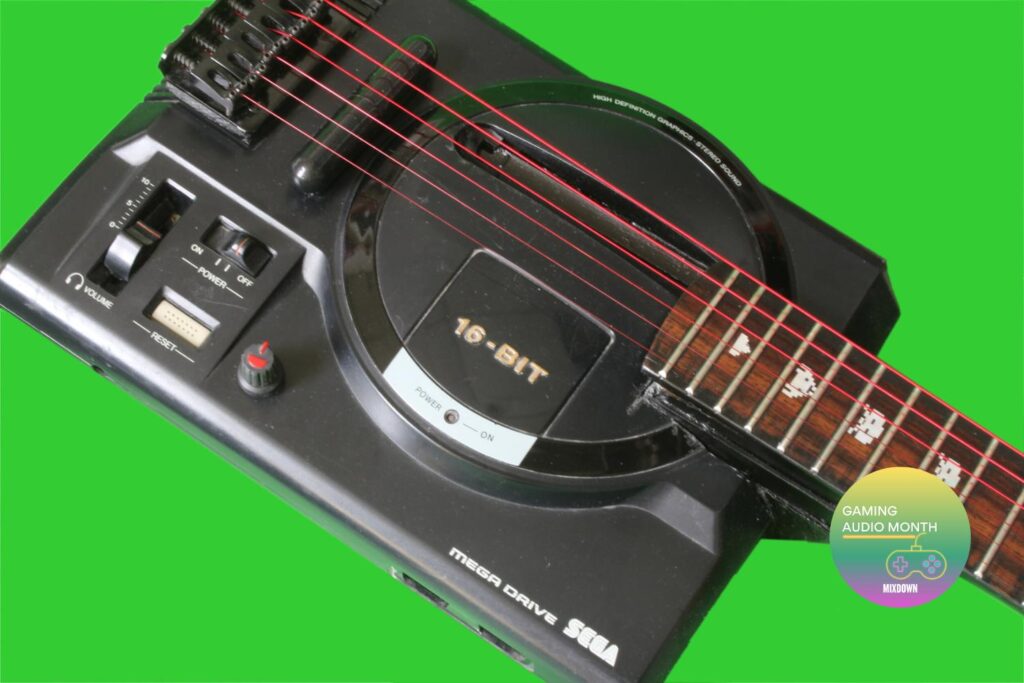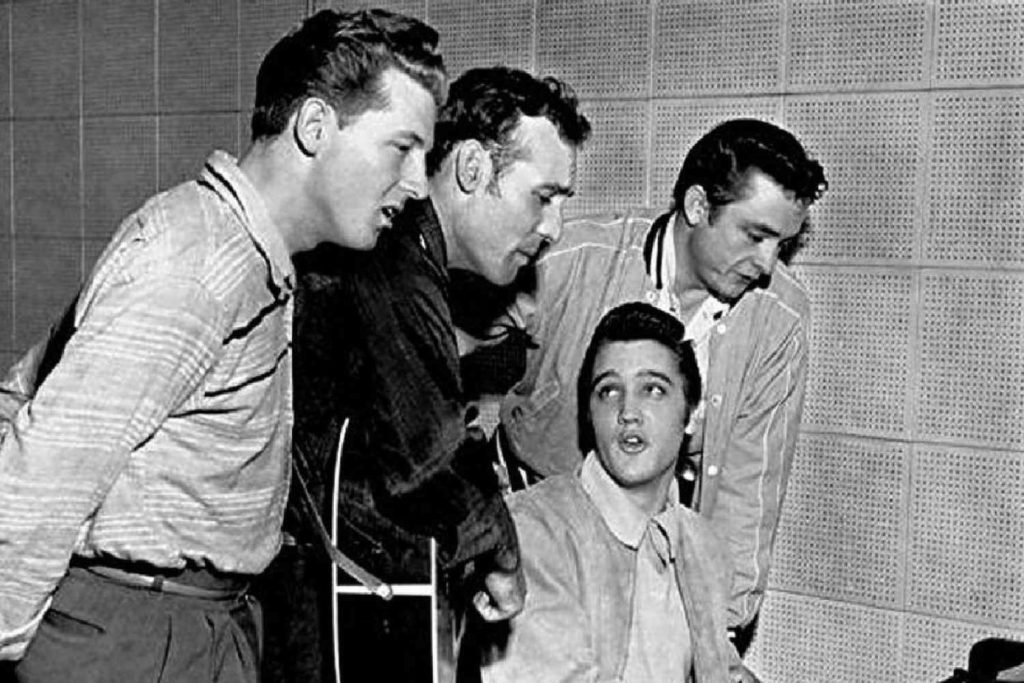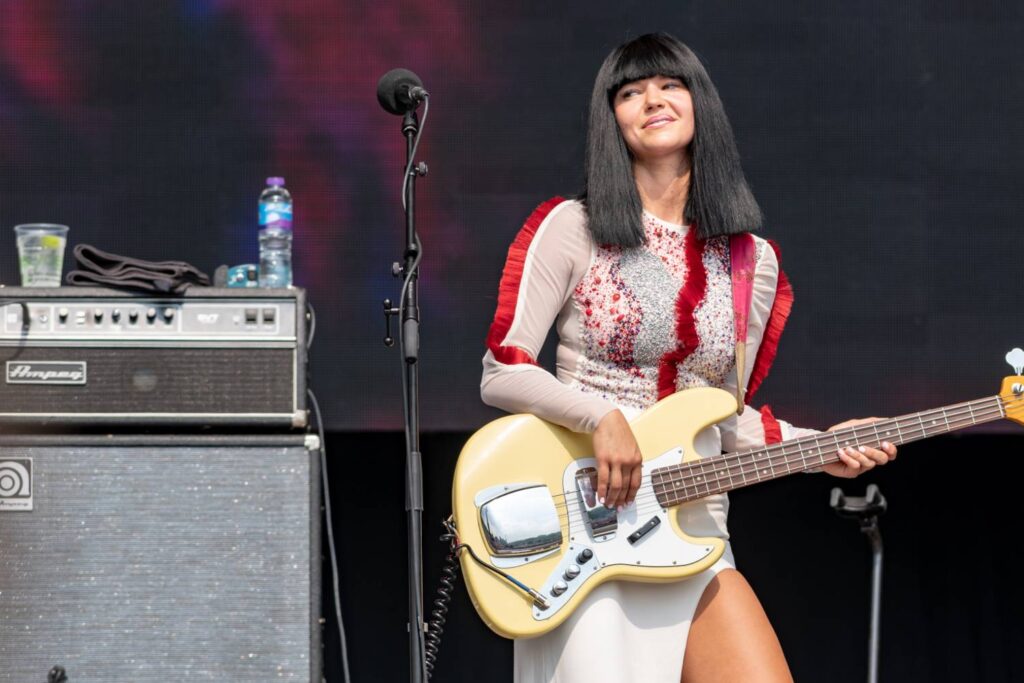The genius behind Tom Scholz, the guitarist for Boston and some of the more innovative sonic advancements we've seen!
As a founding member of Boston, Tom Scholz is most well known in the musical world for penning and performing some of the biggest hits of the ‘70s and ‘80s, including ‘More Than a Feeling’, ‘Amanda’, ‘Peace of Mind’, and other classics.
Boston Tom Scholz
Scholz’s role within the global rock music scene of the 1970s and 1980s, however, was one of much more magnitude than merely being Boston’s guitarist. Thanks to his engineering prowess and the perfectionism he showed while producing and recording, Scholz was a catalyst for sonic and technological improvements in rock music, leaving us with musical inventions and songs that have stood the test of time.
Read all the latest features, columns and more here.
Born and raised in the suburbs of Ohio, Tom Scholz spent much his childhood studying music, or building and tinkering on works in progress; two passions that would eventually bloom to significant proportions in his adult life. Graduating with a degree in mechanical engineering from the Massachusetts Institute of Technology, Scholz soon found himself working in product design at Polaroid, thereby fulfilling his ambition to become an engineer.
The transition in workload from college to his engineering job allowed Scholz to return to his hobbies. “I couldn’t believe all of this free time I suddenly had. My work day actually ended at 5pm,” Scholz recalls. Armed with more spare time, he discovered a renewed interest in music – both as a listener, and as a performer.
Tom Scholz guitar
Having studied classical piano as a youngster, Scholz was already familiar with the masterful works of Chopin, Beethoven, Tchaikovsky, and other legendary composers of yesteryear. While these pieces did eventually influence the nuance and complexity of Boston’s music, it was rock and roll that sparked Scholz’s musical passion as a young adult, and inspired him to pick up the guitar, aged 21.
“The bands which got me interested in playing rock and roll were The Kinks, The Yardbirds during the (Jeff) Beck days, and The Who. Those were the bands. Before that I had no interest in playing rock and roll or even listening to it,” Scholz told Goldmine.
Starting with what was then a purely instrumental iteration of ‘Foreplay’, Scholz started writing his own music, and recorded demo tapes in professional studios, as well as in the recording studio he built in his basement; a “tiny little space next to the furnace…you could just get the drums in there – just”.
From 1969 to 1975, Scholz continued writing and recording originals, while playing in several bands. As a result, he had amassed a few talented musicians that he would group with to form Boston, as well as much of the musical material that would eventually form their debut album.
After performing a live audition for executives from Epic Records, Boston were signed, agreeing to put out 10 albums over the following six years; a proposition that was never met, largely due to the characteristic perfectionism of Tom Scholz. In line with his desire to create and record his own sounds at an artistically comfortable rate, Scholz continued to record music in his basement studio, in defiance of orders from the record label.
Multitrack tape recordings of the band in Scholz’s basement studio were taken to Los Angeles where vocals were added by Brad Delp, and the album was professionally mixed. As a result, the very tracks that were born out of and recorded in Scholz’s basement made it onto the self-titled debut album ‘Boston’, which immediately shot up the charts.
In accordance with demands from Epic, Scholz headed into his studio – now improved with a 24-track recorder – and started to work on what would become Boston’s sophomore album; Don’t Look Back. With harmonised lead guitar parts, weaved among clean drums and the soaring vocals of Delp, this was a quintessential Boston album, but it lacked the magic of their debut.
Scholz later told that “’Don’t Look Back’ was rushed… I let it go early and that meant I wasn’t satisfied with some of it. Next time I’m not going to listen to anybody.”
Taking more care this time to fully flesh out his musical sketches, Third Stage came out a whopping eight years after Boston’s previous album, and achieved success in both its album form, and from its lead single, the now-classic ‘Amanda’. During this eight-year period, Scholz was faced with disagreements with a former manager, and legal trouble from CBS for failing to meet the deadline for a new Boston album. More positively though, he also founded Scholz Research & Development (SR&D) in this time, a company to design new music technology devices.
The first of Scholz’s products to make it to market was the Power Soak, a set of variable resistors that attenuated the volume output of the amplifier’s signal while maintaining a saturated sound, through a process of dissipating some energy as heat “before allowing a controlled portion of it through to produce the sound” per an original Muzines review of the time.
SR&D are responsible for producing the Rockman effects and amplifiers – most famous of which is the Rockman Headphone Amplifier, said to replace 10 thousand dollars worth of studio gear in a compact, battery-powered setup. Enabling guitarists to easily replicate ‘the Boston sound’, these were used as more than just headphone amplifiers, with musicians plugging their Rockman amps straight into mixing desks, and thus, directly onto recordings.
While continuing to write music for and perform with Boston, Scholz established the DTS Charitable Foundation, with missions to protect animals, help the homeless, and contribute to the conclusion of world hunger.
While a knee injury may have “ended 35 years of competitive basketball” for Tom Scholz, the legendary music that he brought to the world through the lens of Boston will live on for years to come.
Read more on the Rockman here.

